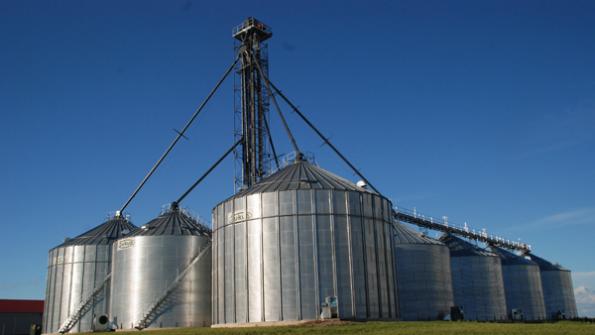
By now, the economic reset has exposed various financial and management flaws of many agricultural businesses.
In particular, larger agricultural operations are among the most vulnerable as they can quickly lose six and seven figures of net worth and profits. Recently, I spoke at an agricultural conference designed for those who finance larger agricultural operations, producers and agribusinesses. In preparation for our session, lenders were asked to detail the issues and challenges regarding larger agricultural customers.
Financial reporting
Many of the lenders cited the quality of financial reporting and understanding of financials as considerable risks. One lender described a common situation where the producer expanded the operation during the years of record profitability and high commodity prices. However, amidst the growth, corresponding changes to the financial system were not addressed. The lack of understanding of key financial metrics such as, cost of production and enterprise profitability now impedes business liquidity as well as profitability.
Especially in larger operations, the financial records are often compiled by an accountant who lacks intimate knowledge of the business. Additionally, producers may instruct the accountant to minimize the income tax burden which renders those financial statements useful for tax purposes only. Too often, producers are more interested in running the combine or feeding the cows than maintaining and analyzing financial and management records. While this may seem understandable, remember that finances and management are equally as important, if not more, than any operational task.
Multiple enterprises
Many times, larger agricultural operations include multiple enterprises. However, I often see one enterprise gobble the profits from another just to maintain daily operation. This type of commingling can rapidly deteriorate the overall financial picture of the operation. Timely financial reporting can mitigate this tendency, showing the strengths and weaknesses of each enterprise, as well as the general financial health of the operation at any given time.
Another flaw in larger operations is the singular focus on growth. Failure to teach and share the financial and management practices to the future generation was listed by many lenders as another top fallacy of large operations. Taking the time to mentor and coach the next generation in all business practices is critical. This process will not only improve the chances of long-term business sustainability and profitability, but it may just reveal improvements or adjustments that could be made presently.
In summary, while the majority of all agricultural businesses continue to face economic challenges, large operations must be particularly vigilant. Because of the size and scope, larger operations can more easily become insolvent in a shorter period of time than perhaps a smaller, single-entity operation. An economic reset does present expansion opportunity, but only for those businesses positioned for the risk. Be careful not to allow a solitary focus or neglected management to become your Achilles heel!
Special Note:
If you are large agricultural operator that borrows money, you may be targeted by banking reviewers and regulators. This is due simply to the fact that today’s larger agricultural operations carry the majority of debt and thus, present the greatest risk. In order to avoid a substandard classification on your account maintain accurate financial reporting and analysis, demonstrate your understanding of business financials and communicate openly with your lender. It is much better to work now to circumvent this situation, than to work to improve your account’s status while proceeding without needed cash flow.
About the Author(s)
You May Also Like






